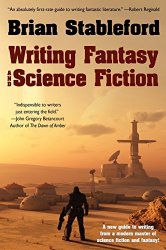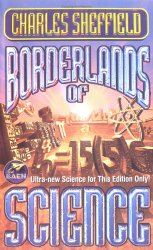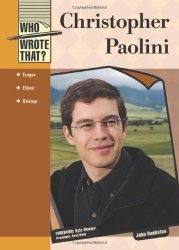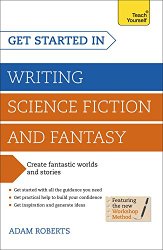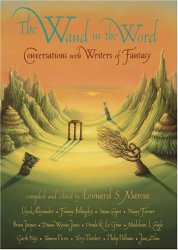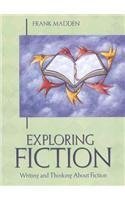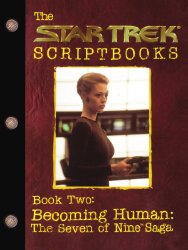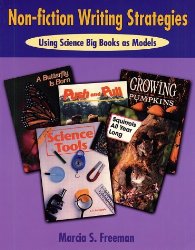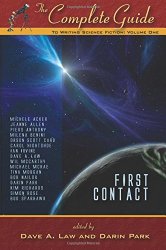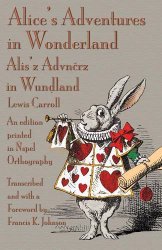Although the problems of writing fantasy and science fiction include all those pertaining to the writing of any kind of fiction, particular problems arise in stories in which unprecedented things can and do happen, as well as stories that often involve unhuman characters of various sorts, and that might require the elaborate design of entire imaginary worlds. This …
Fantasy Writing
Borderlands of Science: How to Think Like a Scientist and Write Science Fiction
WELCOME TO THE FARTHEST FRONTIERS OF KNOWLEDGE…. Present-day science, as Carl Sagan observed, is more like science fiction than most science fiction. Where does the dividing line lie today? Charles Sheffield, an internationally respected scientist and an equally renowned science fiction writer, whom The Washington Post and others have compared to Arthur C. …
When best-selling author Carl Hiaasen purchased Eragon at a Montana grocery store, it had already sold more than 10,000 copies a remarkable achievement for a self-published novel and its author, Christopher Paolini, who was just a teenager at the time. After earning his high school diploma through a correspondence program, 15-year-old Paolini spent a year writing Eragon and …
Get Started in: Writing Science Fiction and Fantasy (Teach Yourself: Writing)
This is an authoritative and engaging introduction to writing science fiction and fantasy for the complete beginner. This book provides all the information, guidance, and advice you need to write great science fiction to captivate your readers. It will help you understand how the genre works, the big dos and don’ts – as well as giving you the …
In a series of incisive interviews, Leonard S. Marcus engages thirteen master storytellers in spirited conversation about their life and work, providing inspiring reading for fantasy fans and future writers alike.What kind of child were you? When did you decide you wanted to be a writer? Why do you write fantasy? “Fantasy,” writes Leonard S. Marcus, “is storytelling …
Relying on engaging selections, a strong emphasis on the writing process, and a visually appealing design, Exploring Fiction puts forth a guiding philosophy that a reader’s personal response to fiction forms the foundation of his or her literary experience. This book presents a comprehensive coverage of both reading and writing of fiction. …
Star Trek Script Book Becoming Human: The Seven of Nine Saga : Script Book #2
Of all the diverse races and civilizations encountered by Starfleet, none have been as fearsome and unstoppable as the cybernetic life-form known as the Borg™. Captain Jean-Luc Picard of the Starship Enterprise™ considered them the closest thing to pure evil that he had ever faced. So who could have guessed that an unrepentant Borg could become a …
Non-Fiction Writing Strategies: Using Science Big Books as Models
Enhance the quality and effectiveness of your school-wide writing program with a balance of expository writing that integrates science with writing! Here’s how to use Newbridge Early Science Big Books as models of good writing to teach the information-writing techniques so critical for student success on performance-based writing tests. Includes: an integrative approach for teaching science and informational …
Dragon Moon Press follows its highly successful Complete Guide to Writing Fantasy series with a comprehensive writer’s guide on science fiction. The book leads the writer from the pitfalls and clichés of a first story to selling and promoting a novel, and the writing life beyond. Topics in this guide range from the history of …
Alice’s Adventures in Wonderland: An edition printed in Ñspel Orthography
Francis K. Johnson devised Ñspel (pronounced “Ingspell”) as a comprehensive and radical reform of English spelling, because he believes that, in the case of such a magnificently complex and subtle language as English, piecemeal and conservative proposals cause more problems than they solve. Ñspel is largely phonemic, but also has a remarkable conciseness, owing much to the earlier …
